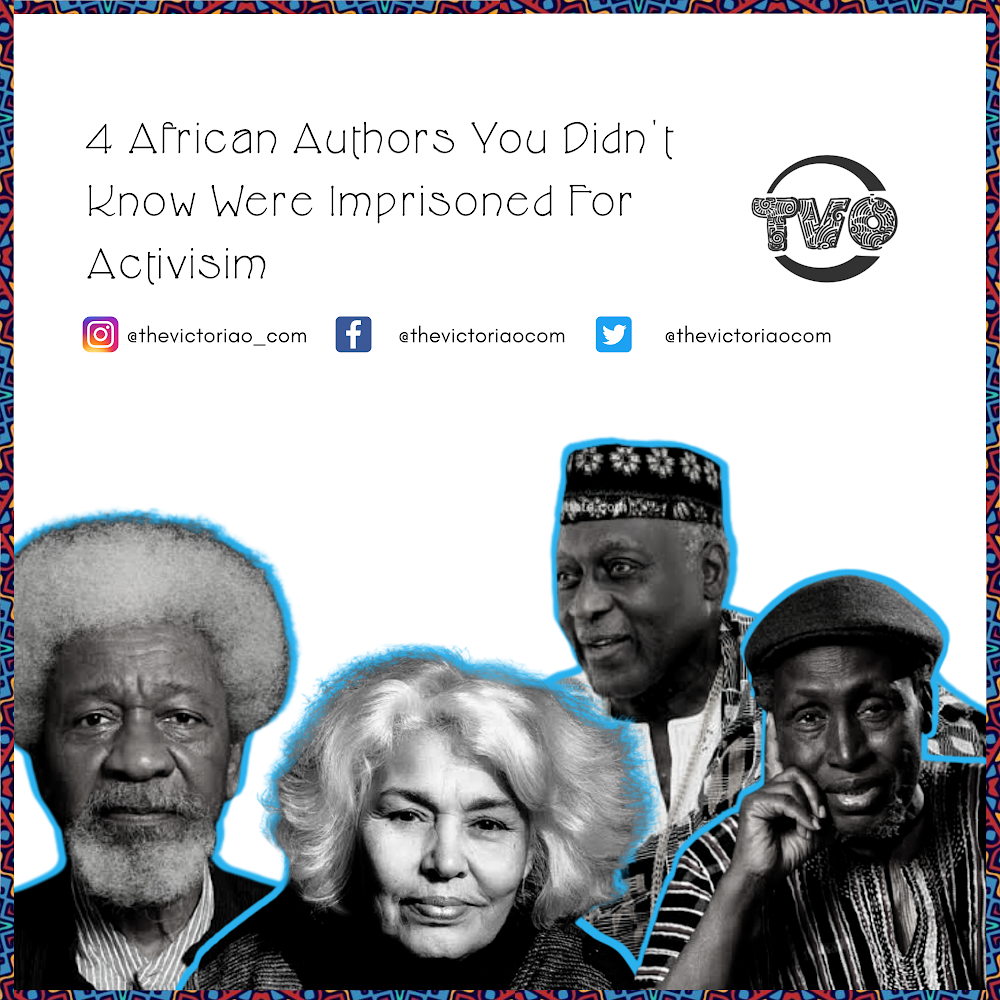
Africa has come a long way from escaping the shackles of her colonial masters. Yet she seems to have found it difficult to escape the harrowing clutches of corruption, nepotism, and blatant disregard for the rule of law. This abnormality may have been overlooked, and indeed may have become normal if not for the efforts of certain people who decided, at the risk to life and property, to use their creative prowess to challenge the injustices of several governments. Some of these writers are well known, others are not so popular. But they all share the same thing- love for their country and a fierce zeal to see wrong made right.
Kofi Awoonor
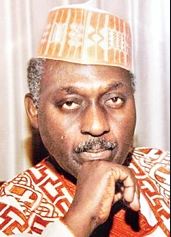
Was a Ghanaian poet and essayist. He was also a prominent politician, holding several positions in the Ghanaian political space. In 1975, he was accused of attempting to overthrow the then military government and arrested and thrown in prison. He was released a year later. Kofi died in Nairobi in the terrorist attack by al-Shabaab militants at the Westgate shopping mall in Nairobi. He was 78.
Ngugi wa Thiong’o
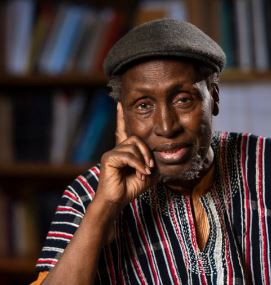
This respected author and academic was arrested in 1977 by the ruling Vice President of Kenya, Daniel Arap Moi. This arrest was in retaliation to the blunt messages contained in Ngugi’s play Ngaahika Ndeenda (I Will Marry When I Want). He was sentenced to prison for a year without a trial or court appearance. He was released a year after but he had to go with his family into exile. This exile lasted for 22 years.
Read also:7 Things You Didn’t Know About Ben Okri
Wole Soyinka
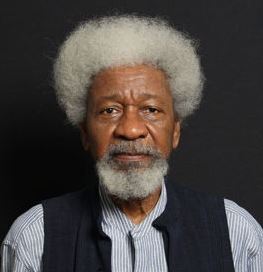
Well known for his critical eyes, Wole Soyinka is a respected playwright, poet, and novelist. The Nobel laureate was arrested during the Nigerian Civil War and spent 22 months in prison. He spent most of this period in solitary confinement. One of his bestsellers The Man Died; Prison Notes of Wole Soyinka was written during this period.
Nawal El Sadaawi
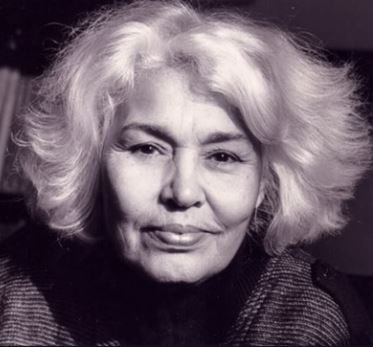
Modern-day feminism in Africa will not be what it is today without the story of this passionate feminist. Nawal was arrested by the president of Egypt, Anwar El Sadaat, in 1981. Nawal fought for equal gender rights and opportunities and heavily criticized female gender mutilation. She spent three months in prison, and in that time frame wrote her book: Memoirs from the Women’s Prison on toilet paper. She left Egypt in 1993 after she received several death threats following her release. Today, she is one of Egypt’s most celebrated female writers.

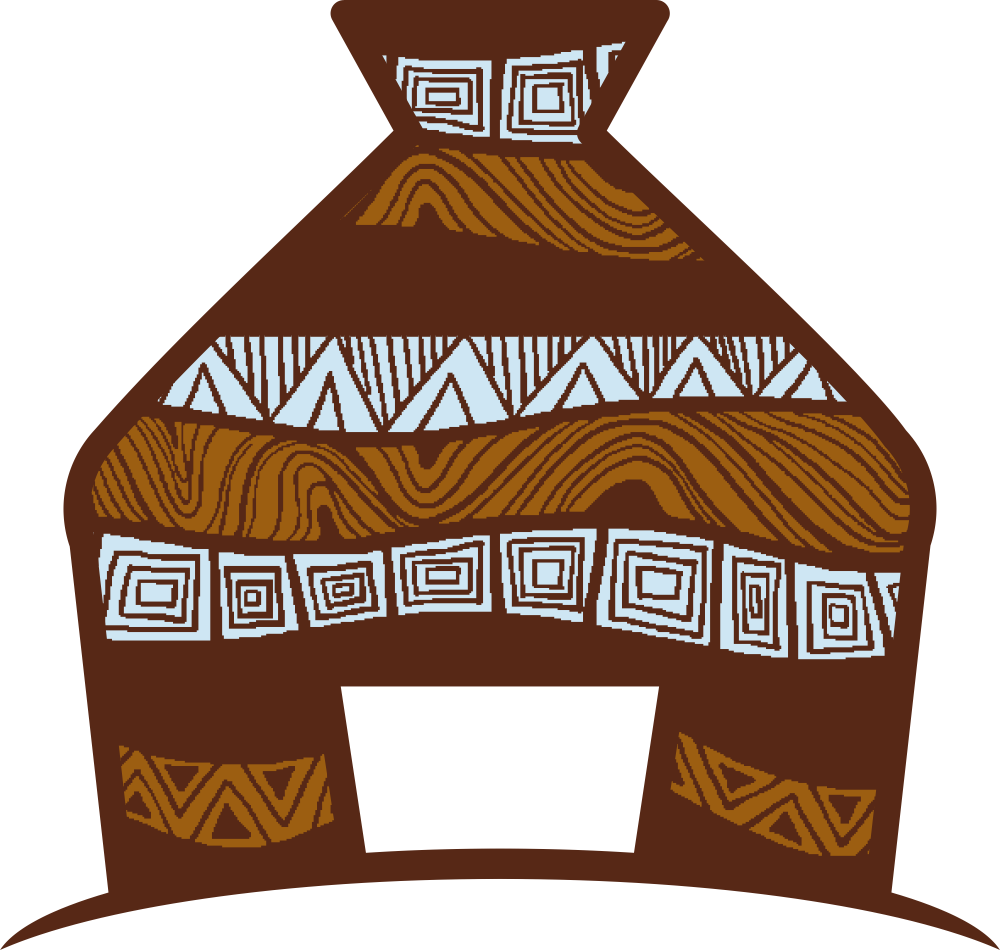
Pingback: Religion And Spirituality In African Literature - TVO TRIBE
Pingback: Sugar Cubes - TVO TRIBE